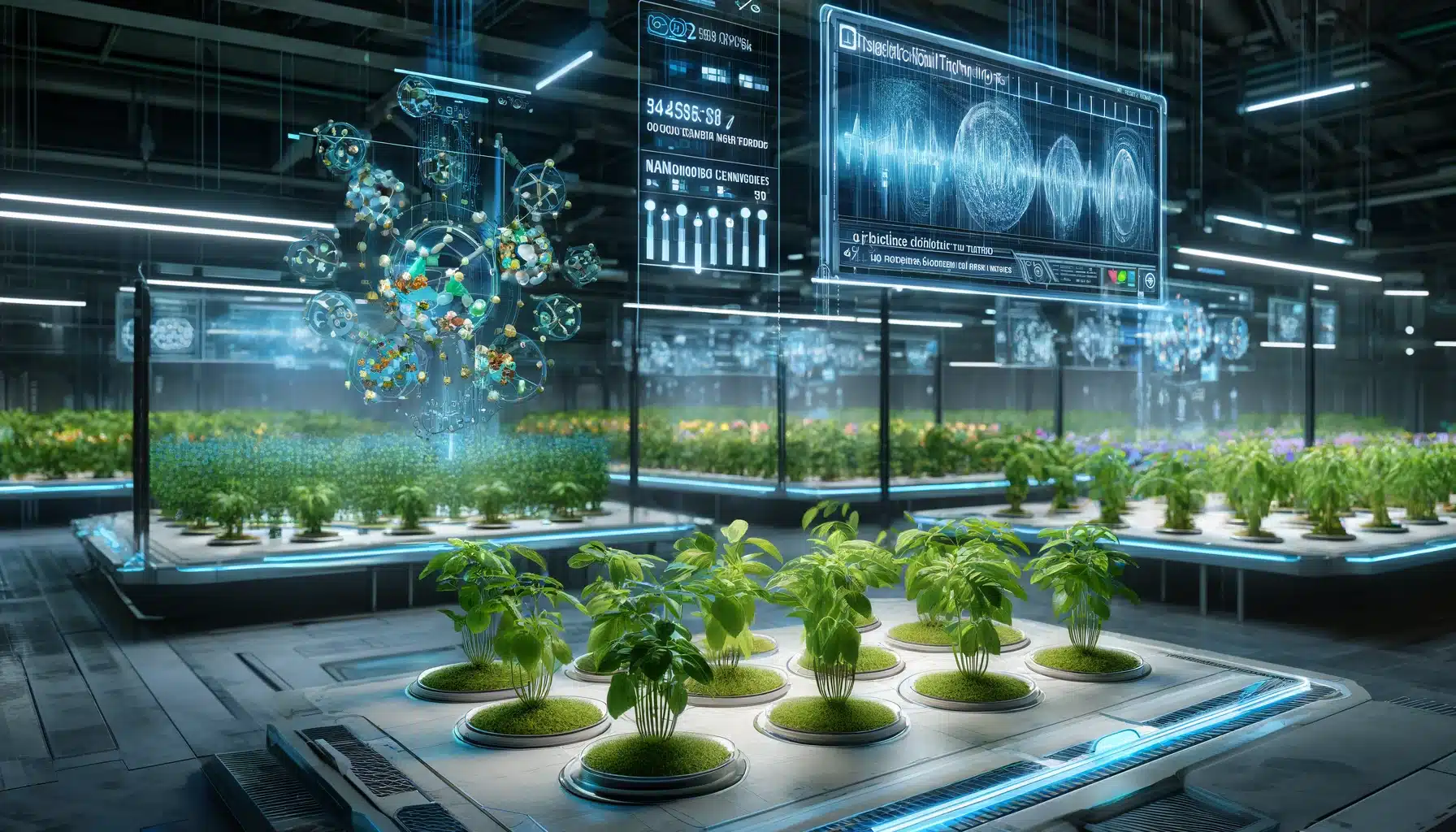Key Takeaways:
- Innovative Research: Carnegie Mellon University researchers leverage nanomedicine and digital twin technologies to advance Plant Nanobiotechnology.
- Environmental Impact: Agriculture contributes significantly to global greenhouse gas emissions and freshwater withdrawals, highlighting the need for sustainable practices.
- Precision Delivery: Plant Nanobiotechnology aims to use nanoforms of active agents to enhance plant resilience and increase crop yields.
- Technical Challenges: Researchers face critical technical challenges in implementing nanocarriers for plant nutrient delivery.
- Future Outlook: Integrating digital twin technologies and nanomedicine insights promises transformative impacts on sustainable food production.
Carnegie Mellon Researchers Pioneering Plant Nanobiotechnology to Address Agricultural Challenges
Researchers in the Department of Civil and Environmental Engineering at Carnegie Mellon University are at the forefront of an emerging field known as Plant Nanobiotechnology. Drawing on findings from nanomedicine and digital twin technologies, these researchers aim to address unsustainable agricultural practices and meet the growing global food demand.
Environmental and Agricultural Challenges
Agriculture accounts for 14-28% of global greenhouse gas emissions and 70% of all freshwater withdrawals. This, coupled with extreme weather events, rampant crop pests, and rapidly degrading soil, underscores the urgent need for new agricultural practices and technologies. In a study published in Nature Nanotechnology, researchers from Carnegie Mellon highlight how Plant Nanobiotechnology can revolutionize agriculture by delivering nanoforms of active agents, such as micronutrients or plant protection products, to specific biological targets in plants. This precision delivery can make plants more resilient against diseases and environmental stresses like extreme heat or high soil salinity, ultimately increasing crop yield and efficiency.
Leveraging Nanomedicine for Agricultural Innovation
Despite its potential, Plant Nanobiotechnology is still in its early stages, and researchers face numerous challenges in developing effective nanocarriers for plants. To overcome these obstacles, Professor Greg Lowry, in collaboration with co-corresponding author Juan Pablo Giraldo at the University of California Riverside, colleagues, and students, is turning to nanomedicine for inspiration.
“We found that the challenges of using nanocarriers to deliver nutrients in plants parallel those in nanomedicine, which has the advantage of being an established and well-studied field,” said Lowry. “While there are some key differences between plants and animals, many important parts of our research have been informed by nanomedicine, including identifying nanocarrier designs that can ensure active agents are effectively packaged, delivered, and released where they are needed.”
The Role of Digital Twin Technologies
One of the innovative approaches explored in the study is using digital twins—advanced modeling technologies widely used in infrastructure management, predictive maintenance, and manufacturing. Digital twins can analyze a structure and its surrounding conditions, process information, and use it to inform, predict, and modify real-world outcomes. This technology has the potential to revolutionize data processing in agriculture.
Just as medical researchers use “digital patients” to simulate drug interactions within the body, Lowry and his team propose creating “digital plants” to assess the efficacy of different nanocarrier designs. These digital models would enable precise targeting of nutrient delivery to specific plant organs, improving the effectiveness and resilience of the plants, and ultimately boosting agricultural productivity.
Future Prospects
“Nano-enabled precision delivery of active agents in plants will transform agriculture, but there are critical technical challenges that we must first overcome to realize the full range of its benefits,” said Lowry. “I’m optimistic about the future of Plant Nanobiotechnology approaches and its beneficial impacts on our ability to sustainably produce food.”
Read the complete study here.
Image generated by DALL-E


